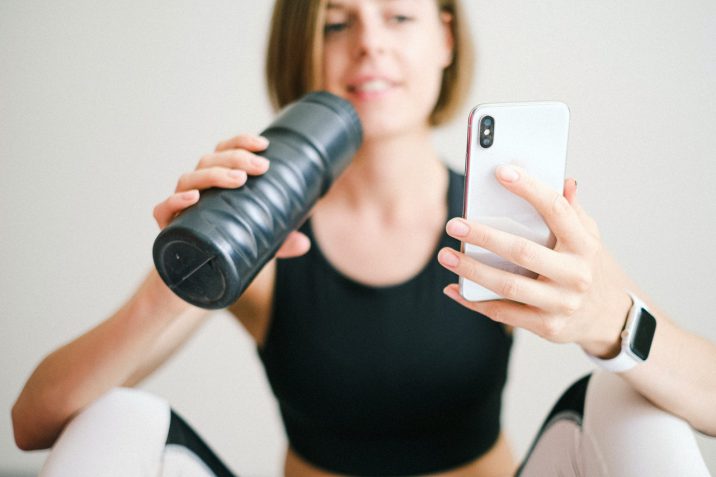
Working out seems like too much trouble for most people. But, when you are faced with too much time spent sitting, you start considering whether a workout is actually that bad. Some start but do not have the willpower or habitual training to continue, while others may even go overboard and get injured.
This is where fitness trackers can come in handy. Fitness trackers are like portable, extremely friendly diaries and alarms that can help us track and monitor our progress. However, the term fitness might be misleading in this sense, because not everybody uses a fitness tracker to track their workouts.
Here is why one should get a fitness tracker and what it could do for them even if they are not exercising.
A Timely Reminder

In our day and age, it is easy to get lost in the sea of social media, endless scrolling, and shopping. Hours and even days might pass without us having the time or energy to commit to thoughts of simply walking, let alone working out. This is where a fitness tracker can help, by giving us friendly reminders, vibrations and notifications when we engage in too much sitting or other sedentary behavior. A fitness tracker can help us find that focus and get up for a stretch, walk or anything that would at least remind our legs that they play a vital role in everyday activities.
A Tracker
Fitness trackers most often count our steps, which can be displayed in any other unit, metric or imperial. Steps, however, present the highest number, which makes people feel better. While similar to other small dopamine hits, seeing the number of steps that one has made through a day is better. Walking is a healthier activity than sitting, particularly if that walking is uphill and downhill, otherwise known as trekking.
Whether you are exercising or not, a fitness tracker can also keep the number of the steps or whichever unit of the distance you made, leaving you with not only a good feeling, but also raw data of how much you walk daily or weekly.
A Diverse Tracker

Some fitness trackers only track the number of steps that you make but others do more, such as measuring your pulse and heartbeat. Both of these features are great if you want to know what your heart rate is in certain situations during the day. Consider more advanced fitness trackers if you have any heart-related conditions.
Some trackers are also able to give you notifications when you get messages and other important correspondence if you sync it with your mobile phone. That gives you a simpler way of organizing your time and reading an important message as soon as it arrives.
Fitness trackers are not just for people who work out, but also for everybody who needs a tracker, planner, or reminder.
